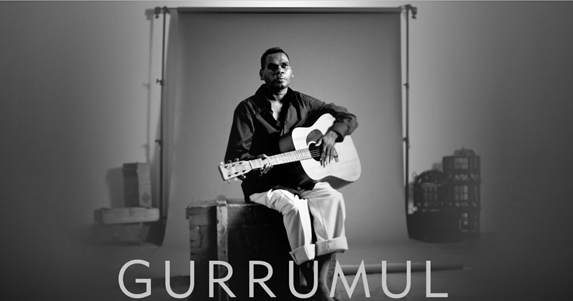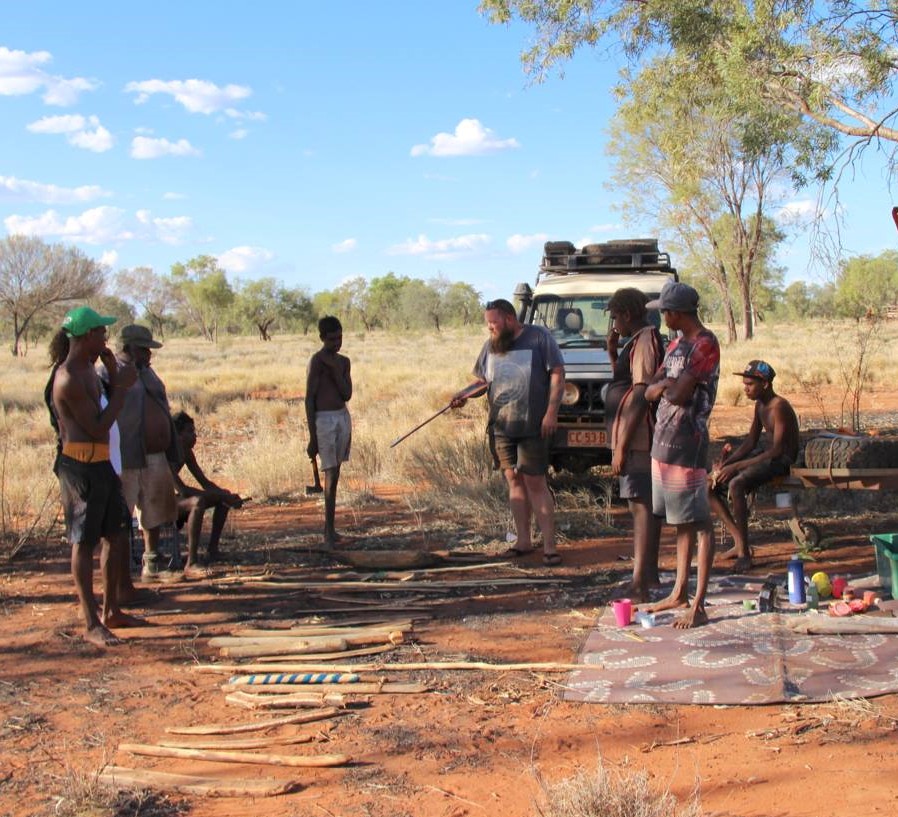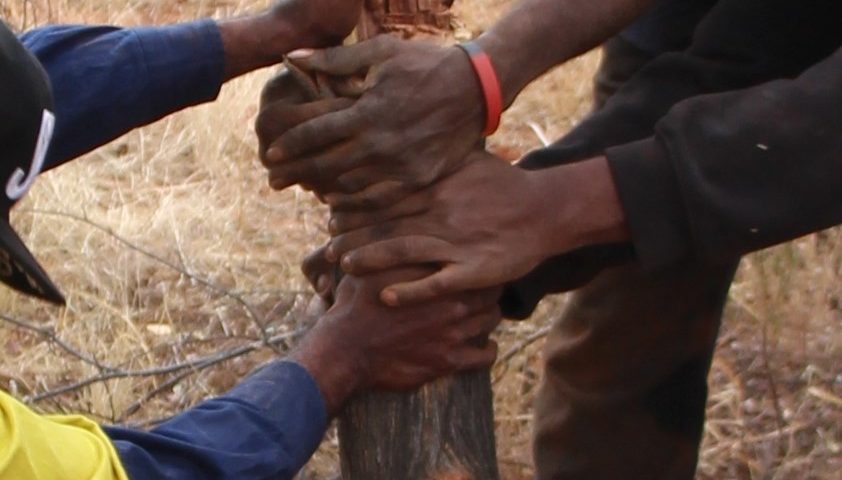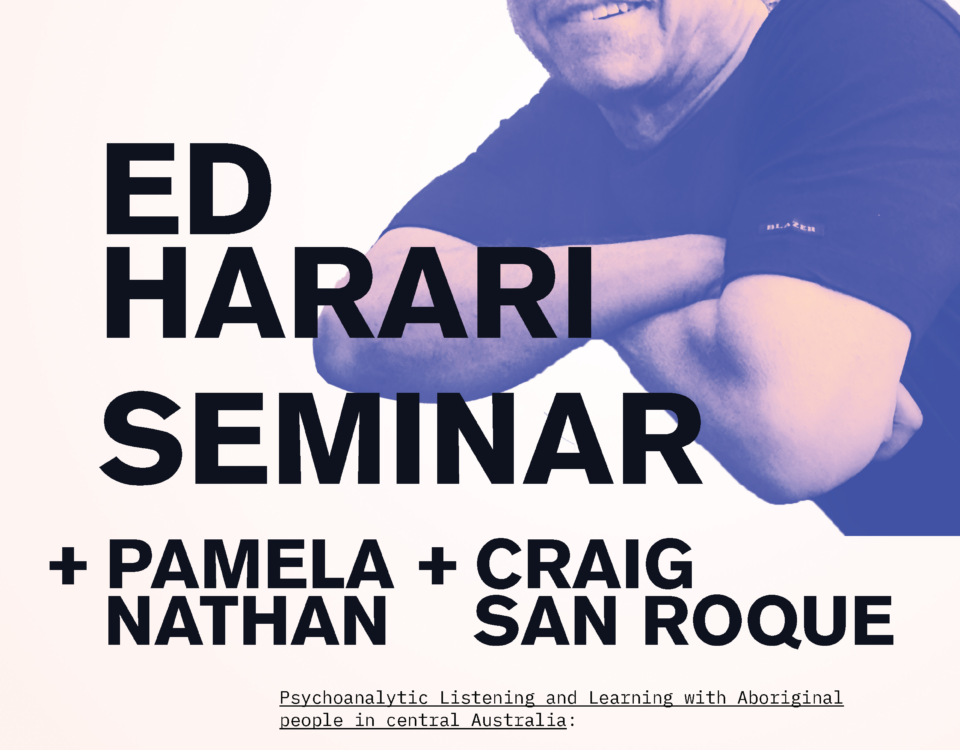
More than a cultural feast
May 11, 2018
MTM Exhibition Camps
June 25, 2018By Pamela Nathan
“Don’t Keep History A Mystery: Learn. Share. Grow” – is the theme for National Reconciliation Week (27 May – 3 June). It is a theme that resonates so strongly with the work we do at CASSE.
Sharing stories, exploring the past, uncovering dark historical corners that need illuminating to be known and understood, and imagining new possibilities for the future is our work every day. We think of this process as a ‘talking cure’. Changing minds and saving lives.
For many people who are trapped by trauma and disengaging or lashing out – at themselves or others – there is no clear way out. They do not know how or where to get help. They cannot even imagine a life of different possibilities.
Our role is to facilitate people and communities discovering the safe, supportive environment they need to talk from the heart and find freedom in stories now told and futures in new stories.
Our role is to reflect on what has been done on the ancestral grounds of Australia and to work toward achieving reconciliation and new relations between the First Nation peoples and other Australians.
For the men of the western desert, it is through the cultural camps and workshops offered with the Men’s Tjilirra Movement. By rediscovering their ancient tools, relations and cultural connections they are also healing broken lives and reclaiming the resilience of old.
In Alice Springs, the Kurruna Mwarre Ingkintja Good Spirits Men’s Place Research Project, supported by CASSE in collaboration with the Central Australian Aboriginal Congress, has facilitated the men being able to articulate what they want and need in order to heal and grow strong. This process empowered the men to establish Blokes On Track Aboriginal Corporation (BOTAC) and they are now exploring options to make the key recommendations from the Research Project Report a reality.
Nationally, we have hosted and spoken at conferences and public forums and run workshops on violence, trauma and suicide. All of these provide a space to share ideas, stories and voices – Aboriginal and non-Aboriginal. We explore the unknown, the hidden and the painful. In becoming known, they can be recognised and understood. We can’t change the past, but we can start to change our feelings about the past.
By sharing the past together, we can develop the deep understanding of mutual recognition.
This Reconciliation Week, take some time to find out more about the hidden history of the Australian Story so we can all write a new future together.






